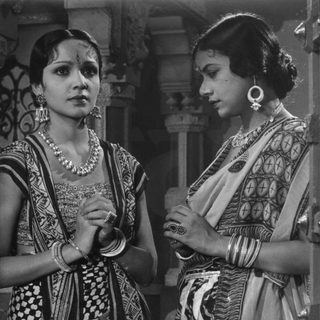In March 2021, Qatar is set to host the Beach Volleyball World Tour in Doha for the eighth time for the men’s league and the first-ever time for the women’s league. However, Qatar has imposed strict rules about clothing on the court, banning women from playing in bikinis, the standard uniform for most female beach volleyball players. In response, German silver medallist Karla Borger and her doubles partner, Julia Side, announced they will boycott the event, rejecting the requirement to wear shirts and long pants on the court.
“We are there to do our job, but are being prevented from wearing our work clothes,” Borger told a local radio station, according to The Guardian. “This is really the only country and the only tournament where a government tells us how to do our job — we are criticizing that.”
According to the Fédération Internationale de Volleyball, which is organising the event, the rules imposed on female athletes are “out of respect for the culture and traditions of the host country.” The German athletes, on the other hand, say Doha’s heat makes it impossible to play in anything but bikinis. “We are asking whether it’s necessary to hold a tournament there at all,” Borger added.
Related on The Swaddle:
All the Arguments You Need: to Advocate For Equal Pay in Sport
Qatar — recently under fire for human rights abuses of workers prepping for the men’s football World Cup next year — proves a controversial venue for international sporting events, even as it increasingly opens its doors to athletes from different cultures. In an international setting, culture clashes like the current one are only inevitable, as athletes from around the world attempt to adapt to different countries while retaining their own identity and culture in competitions. Usually, Borger adds, she’d be happy to “adapt to any country,” but the current rules hamper more than just principles — they hamper her ability to do her job.
Around the world, accommodating athletes has increasingly been the norm, especially those practicing Muslim dress codes. Hijab bans, like the one in France, have forced many Muslim women to choose between their professional sporting careers and their faith — a phenomenon slowly changing as international organizations and brands embrace modest wear as a symbol of inclusion, regardless of whatever Western feminist groups may think of the hijab as a mode of oppression. This centering of an athletes’ need is what enables them to fulfill their professional potential, regardless of what they wear and what others may think about it.
The current controversy begs the question: as conservative countries such as Qatar are slowly integrated into international sports, do we ask international athletes to conform to the laws of the land, or do we make allowances that create room for the athletes’ choices, be it to cover up or strip down? If we can’t let a country like France dictate what Muslim athletes should and shouldn’t wear, can we let a country like Qatar dictate what German athletes can and cannot wear?
To accommodate female track and field athletes in the past, Qatar has made allowances for them to run in shorts at the World Athletics Championships in Doha in 2019. Whether it will do so again remains to be seen.




